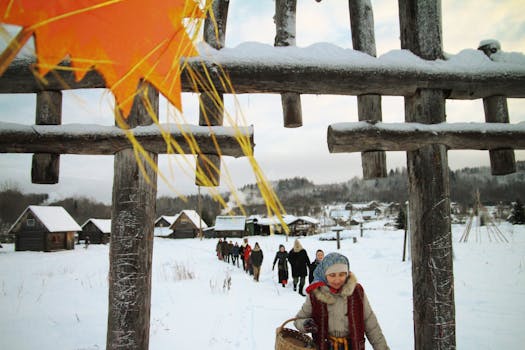Trade, a sudden exit, Middle East conflict - five takeaways from G7
Neutral Nations Split Over Russia
The rift over Russia's invasion of Ukraine and its sanctions continued at the G7 summit, with the leaders of the United States, Britain, and Germany abruptly leaving the meeting to discuss "significant differences" over Russia's war and trade. In a statement, the three said the "gaps in Deeper EU integration" left them "concerned that Russia may attempt to seek to use food as a weapon," with the EU responding that such a concern "should not be an excuse for undermining the unity and coherence of our sanctions."
Looming Food Insecurity
The war in Ukraine is also threatening food security globally. In response, G7 nations have promised to "secure global food supplies, address crop shortages, and accelerate efforts to help vulnerable countries mitigate impacts on food security." The leaders also committed to "global cooperation on fertilizers."
Middle East Conflict
The Middle East was also on the agenda, as the leaders pledged to "stand firmly" with Kuwait, Jordan, and Egypt and "address the threat of terrorism, including from Daesh and other terrorist groups."
Climate and Energy
On the topic of climate and energy, the G7 committed to "accelerate our actions across the whole of the 2020s to address the climate crisis and meet our net-zero commitments." They also reaffirmed their commitment to the Paris Agreement and pledged to "expand climate finance."
Ending the Conflict in Ukraine
Finally, the G7 leaders reaffirmed their "strongest-ever support for the Ukrainian people and for Ukraine's sovereignty."




